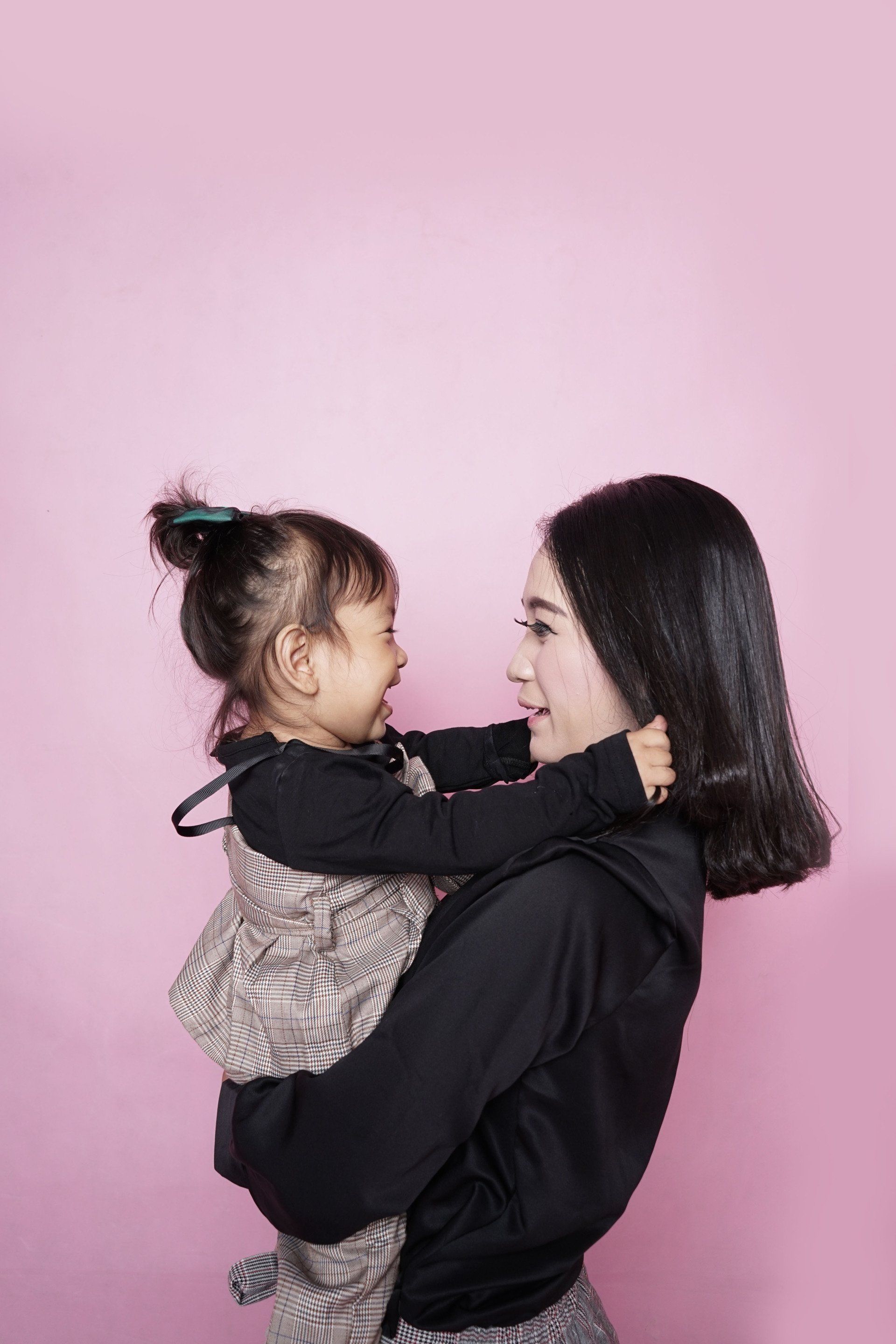How to Set Up Family Support Sessions for Success
Increasing buy-in and participation!

As a Board Certified Behavior Analyst® (BCBA), creating family support or parent/caregiver training goals involves a systematic process of identifying the specific skills and behaviors that parents/caregivers need to learn and develop in order to effectively support their child's development.
Here are the steps that you can follow to create family support or parent training goals:
- Conduct a thorough assessment: Begin by conducting a comprehensive assessment of the child's behavior and the parent/caregiver-child interactions. This can involve direct observations, interviews with the parent/caregiver, and review of any relevant records.
- Identify target behaviors: Based on the assessment, identify the specific behaviors that the parent/caregiver needs to learn in order to support their child's development and behavior. This may include teaching the parent/caregiver how to reinforce positive behaviors, how to set limits and boundaries, and how to communicate effectively with their child.
- Develop measurable goals: Develop clear and measurable goals for the parent/caregiver training program that are based on the identified target behaviors. Goals should be specific, observable, and achievable.
- Develop an individualized training plan: Develop a training plan that is tailored to the needs of the parent/caregiver and child. This may involve one-on-one training sessions with the parent/caregiver, group training sessions, or a combination of both.
- Use evidence-based strategies: Use evidence-based strategies to teach the parent/caregiver the skills and behaviors that they need to learn. This may include modeling, role-playing, feedback, and reinforcement.
- Monitor progress: Monitor the parent/caregiver's progress and adjust the training plan as needed to ensure that they are moving towards their goals.
- Evaluate outcomes: Evaluate the outcomes of the parent/caregiver training program to determine whether the goals have been met and the child's behavior has improved. If necessary, revise the training plan and continue to monitor progress.
How do you ensure cultural sensitivity when selecting parent training goals as a BCBA®?
As a BCBA® it is important to ensure cultural sensitivity when selecting parent/caregiver training goals. This means taking into account the cultural beliefs, values, and practices of the family and community in which the child and parent/caregiver live. Here are some steps that you can follow to ensure cultural sensitivity when selecting parent/caregiver training goals:
- Establish rapport: Build a positive and respectful relationship with the family. This can involve taking the time to learn about their culture, beliefs, and practices.
- Conduct a cultural assessment: Conduct a cultural assessment of the family's beliefs, values, and practices related to child-rearing and behavior management. This can involve asking questions about their beliefs and practices related to discipline, communication, and family roles.
- Involve the family in goal setting: Involve the family in the process of setting goals for the parent/caregiver training program. This can involve asking them what goals they would like to work on and what strategies they think would be most effective.
- Adapt training strategies: Adapt training strategies to be culturally sensitive and appropriate. This may involve using materials and examples that are relevant to the family's culture, and using strategies that are consistent with their beliefs and practices.
- Address language barriers: Address any language barriers that may exist by providing translated materials and working with interpreters as needed.
- Consider social context: Consider the social context in which the family lives, including their access to resources and support. This can involve working with community organizations and other service providers to ensure that the family has the support they need to be successful.
- Monitor progress and outcomes: Monitor progress and outcomes of the parent training program to ensure that it is effective and culturally appropriate. This may involve gathering feedback from the family and making adjustments to the program as needed.
Overall, ensuring cultural sensitivity when selecting parent training goals requires a proactive and flexible approach that takes into account the unique cultural beliefs and practices of the family and community in which they live. By working collaboratively with the family and adapting training strategies to be culturally sensitive, behavior analysts can help to promote positive outcomes for both the parent and child.
Questions? Email us at admin@premierbhconsulting.com
Ready to talk?
Book your Strategy Session Now









